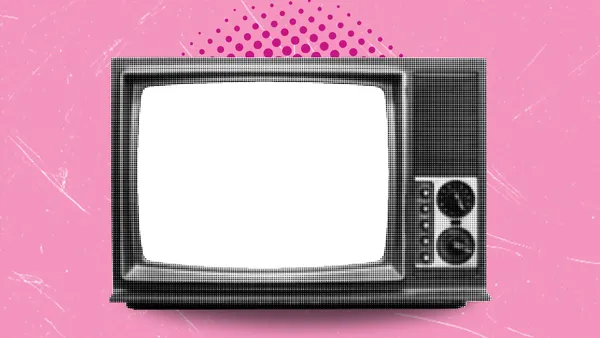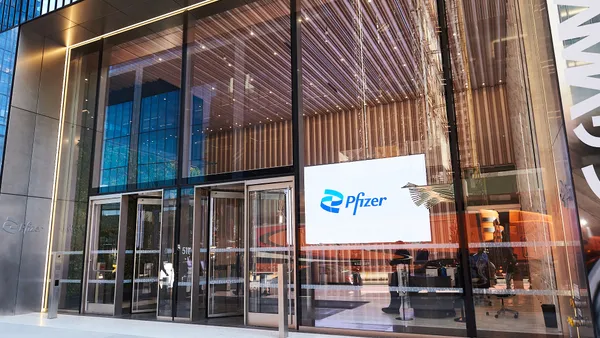I recently realized that I have a love-hate relationship with a few things in my life. Oreo Cookie Blizzards, reality TV, my iPad, my mobile phone, and my computer. I love them at the time of use or indulgence, but inevitably pay for them later in the form of calories, time wasting, or the feeling of being tethered to a digital lifeline. In his new book, The Shallows — What the Internet Does to Our Brain, Nicholas Carr addresses two very different views of today’s digital technology. “Technology enthusiasts," he says, “praise the torrent of new content as the democratization of culture and herald the new golden age of access and participation." Conversely, critics of new technology “condemn the crassness of the content and the dumbing down of culture" while, “bemoaning a new dark age of mediocrity and narcissism." The Train has Left the Station While one could argue that both attitudinal views have some measure of truth, the fact is that it doesn’t matter. We all know the “technology train" has left the station, with a whole bunch of people on board. Everyone charged with communicating to customers today faces the same question and the same concern: how can we compete for attention in the sea of digital ubiquity in which we now reside? How can we exist efficiently and effectively on multiple platforms and keep up the continuous crusade of brand relevance? For many marketers, it’s digital attention deficit disorder on steroids, and the pressure, as we all know, can be overwhelming. It goes without saying that our physicians, pharmacists, nurses, caregivers, and corporate decision makers are consumers too, and as such, they are not immune to the pull of social media, the glare of the latest touch screen, the search results of the Google empire or the burst of the 140 character text. They too are living it. The Shift is On At the GA Communication Group, we believe that 2011 will be a watershed year for all of us in marketing, particularly in the healthcare space. Demographically, we are about to see one of the largest shifts in U.S. history, when 70 million baby boomers start turning 65. Conversely, the oldest part of the 100 million millennials (“Net Generation" — those born between 1980 and 2000), will begin to take on more leadership roles in business. Understanding and anticipating the shifting needs, lifestyles, purchasing power, and digital consumption habits of our target audiences will be critical for success. The continued evolution of social media will also undoubtedly have an impact on any “gatekeeper" organizations. These new digital platforms have democratized media. Our patients are already organizing themselves into disease communities to crowdsource information, ideas, treatment reports, and as one social media site specifically calls out, “real world experiences of other patients like you." It’s these types of sites that send shudders through the legal and regulatory departments of companies all over the United States. With the ambiguity of the FDA Guidelines regarding social media and AE reporting, it’s not surprising. It’s also not going away. So what now? How do we manage and focus to try and keep up with it all? The fact is, it’s moving so fast that it’s almost impossible to do so. And you shouldn’t try. That’s the job of your agency. For our clients, we relish the role of being the eyes and ears of the future, to project or predict what technology or platform might impact their brands, their industries. It’s All About the People I believe the real irony of all of this is that to succeed in this digital world has nothing to do with knowing gadgets or platforms. It has to do with understanding people. Real living and breathing people. Realizing their motivations and fears, understanding what would make them use an app, a social network, a text campaign. Or, conversely, what wouldn’t. From a marketing perspective, the more digital our lives become, the more human we need to think. The currency of our digital marketing future is not in bits and bytes, or clicks or counts, it’s in empathy, engagement and understanding. If we start and succeed there, we are well on our way to mastering our fundamental communication skills for the future, without the fear and trepidation of clinging to that “technology train" as it zooms by us all. n GA Communication Group Understanding and anticipating the shifting needs, lifestyles, purchasing power, and digital consumption habits of our target audiences will be critical for success. The Crusade for Brand Relevance GA Communication Group, with offices in Chicago and San Diego, specilizes in healthcare, digital and social media, consumer products. For more information, visit www.gacommunication.com.
An article from


The Crusade for Brand Relevance
Filed Under:
Commercialization










